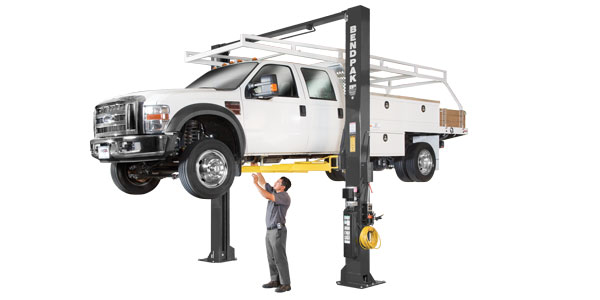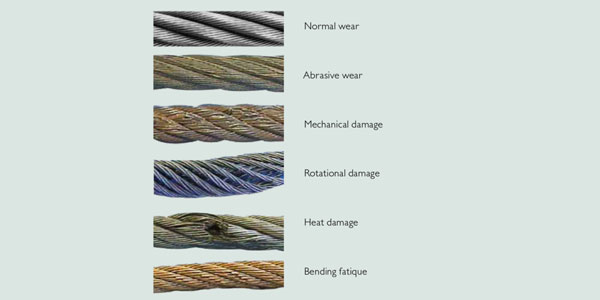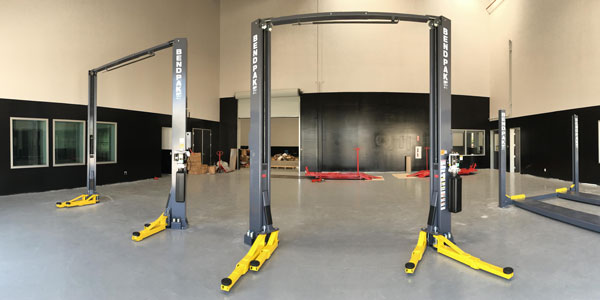Fleets should understand trailer load concentration in order to buy the best trailer for their application and cargo. According to the Rogers Brothers Corp., a significant price difference can exist between two “identical” capacity trailers.
Trailer deck load concentration relates to the design engineering assumption behind a trailer’s stated capacity, and each trailer manufacturer sets its own standard to determine load concentration. Engineers begin by deciding what is most likely to be hauled, expressed as a weight compared with the trailer’s deck length and wheelbase. Whether this theoretical load is a “block” or self-supporting load is also a factor. These engineering decisions determine the size and strength of the main beams and the performance level of the finished trailer.
Two trailers from two different manufacturers rated to carry 55 tons may not be equal. A trailer with a higher load concentration, designed to carry a block load over a shorter distance of the deck, will benefit a customer who wants a long-lasting trailer or trailer that performs well no matter what 55-ton load is carried. The trade-off is in the trailer’s empty weight. A trailer with a higher load concentration tends to be heavier because the beams are large. Higher strength steel, such as 130,000 PSI yield steel, can help to keep the weight lower while maintaining the maximum load concentration.
A trailer designed to carry a 110,000 lb. load concentrated in 12.5 ft., such as a bulldozer, will have a much stronger deck than a trailer designed to carry a 110,000 lb. self-supporting load with two contact points located 12.5 ft. apart, such as a wheel loader. The trailer built for a concentrated load is approximately 14% stronger than the one designed for a self-supporting load, even though both are called 55-ton capacity trailers.




